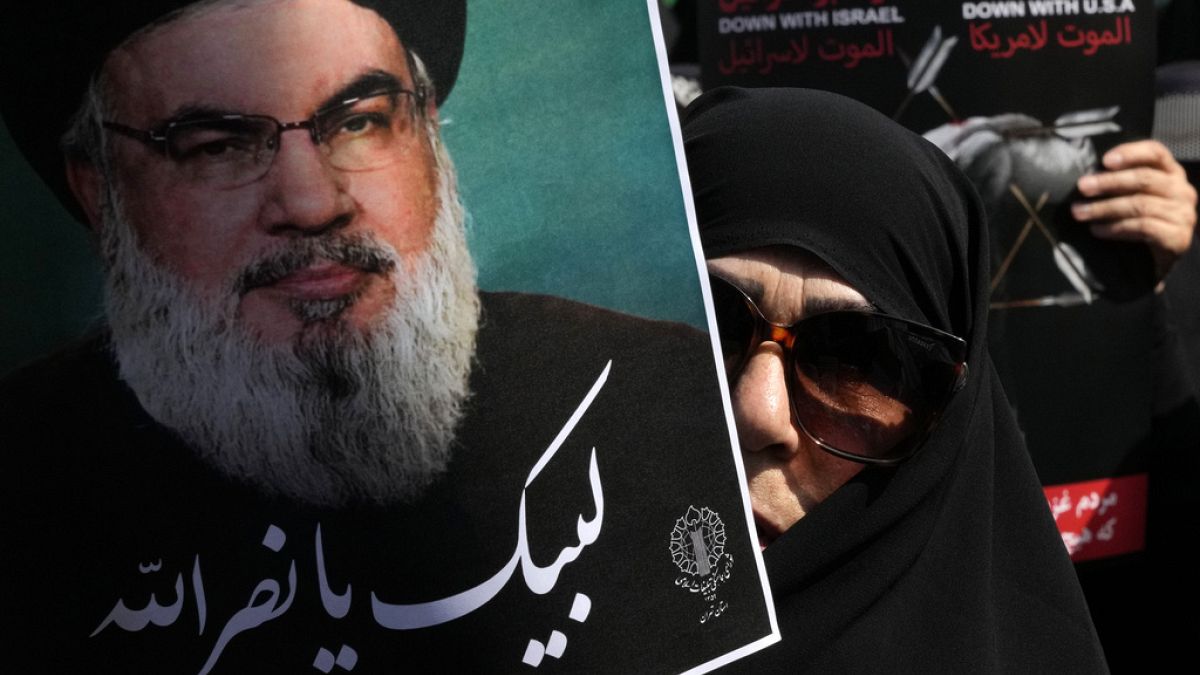In a recent tragic turn of events in the Middle East, Iran confirmed that a prominent general in its paramilitary Revolutionary Guard died in an airstrike that was sanctioned by the U.S. Additionally, Lebanon’s Hezbollah group confirmed that its leader, Hassan Nasrallah, was killed in an Israeli airstrike in Beirut. Nasrallah’s death marks a significant escalation in the war between Israel and Hezbollah, with six others killed and 91 injured in the strikes that levelled six apartment buildings.
The recent attacks in Lebanon and the assassination of Nasrallah have intensified the ongoing conflict between Israel and Hezbollah. With Israel vowing to continue pressure on Hezbollah until it ceases its attacks, the situation remains tense. The Israeli military has activated reserve soldiers in preparation for a possible ground invasion as tensions escalate with Lebanon. The country has inflicted significant damage on Hezbollah in recent days, targeting both immediate threats and strategic weapons.
The attacks have resulted in a high number of casualties and displacement of civilians on both sides. Thousands have been evacuated from their homes along the Lebanese border, and gatherings of over 1,000 people in Israel have been cancelled due to the ongoing threat. The recent fighting has displaced over 200,000 Lebanese, according to the United Nations. The ongoing goal for Israel is to halt Hezbollah’s attacks in the country’s north to allow residents to return to their homes.
Nasrallah’s death has left a significant void in Hezbollah, and the responses from other members of the organization remain uncertain. The situation has also raised questions about how Iran will respond to the recent events. With Hezbollah significantly weakened after Nasrallah’s death, there is a chance for Lebanon to reduce the organization’s influence, particularly in the south of the country. The impact of Nasrallah’s death could have far-reaching implications for the region.
The airstrikes have caused widespread destruction in Beirut and eastern Lebanon’s Bekaa Valley. Israel has targeted storage facilities for missiles, including those stored underground beneath civilian apartment buildings. Hezbollah has responded by launching projectiles into Israel, damaging buildings in several areas. The ongoing cycle of violence has resulted in a devastating toll on both sides, with many displaced and in need of assistance.
The conflict between Israel and Hezbollah continues to escalate, with no signs of de-escalation anytime soon. The recent attacks and assassination have raised tensions in the region, leading to significant casualties and displacement of civilians. The impact of Nasrallah’s death on Hezbollah and the broader Middle East remains uncertain, with Iran’s response also a critical factor in determining the future course of events. The need for a peaceful resolution to the conflict remains paramount to prevent further loss of life and destruction.










